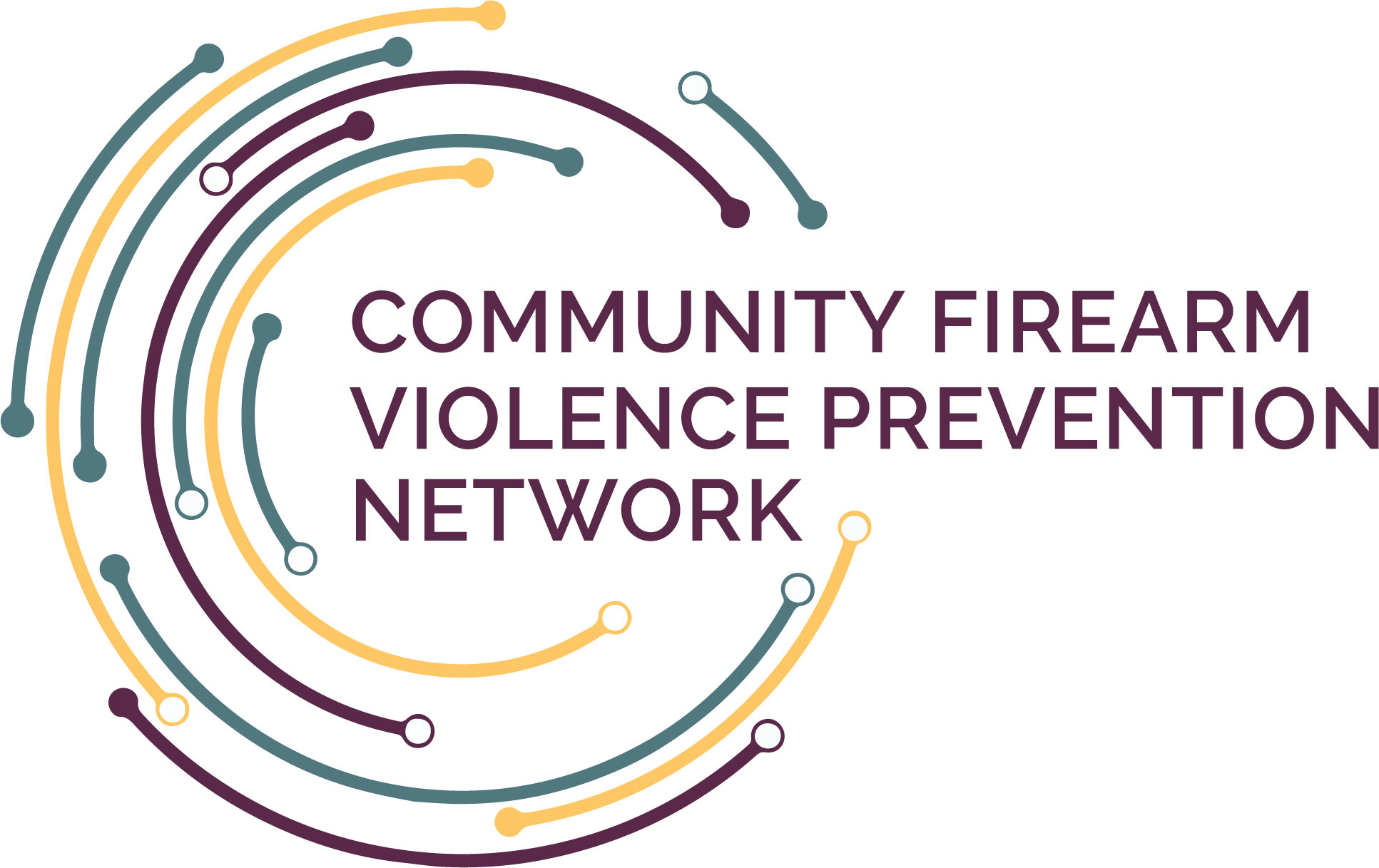University of Michigan Multi-disciplinary Coordinating Center for the Community Firearm Violence Prevention Network

Few evidence-based community interventions comprehensively addressing the U.S. epidemic of firearm injuries exist, with even fewer addressing the structural and economic factors underlying key health and social disparities. To address this gap in the field, the National Institutes of Health is funding a community firearm violence prevention network that includes a Coordinating Center and up to 10 independent, but integrated, research projects. The University of Michigan Institute for Firearm Injury Prevention is uniquely positioned to leverage our past success leading multiple large networks and Centers, as well as our current infrastructure as a multidisciplinary Institute, to serve as the Coordinating Center for the network, enhancing collaboration between the network projects, harmonizing and integrating data for large-scale complex analyses and long-term preservation, facilitating community involvement and engagement within the funded research, increasing the long-term implementation potential and financial sustainability of successful projects, and augmenting dissemination of key findings from the network that will help to reduce fatal and non-fatal firearm injuries, and associated disparities.
Abstract
Firearm injury is a major U.S. public health crisis requiring urgent attention. Firearm injuries have increased in the past decade, with >400,000 fatalities and ~1.2 million non-fatal firearm injuries. Disparities exist and are reflective of underlying structural factors (e.g., racism). National organizations highlight the need for evidence-based interventions; yet, few rigorously tested community-engaged interventions addressing firearm violence exist, with even fewer addressing structural factors underlying disparities. Recognizing this gap, NIH launched the Community Firearm Violence Prevention Network initiative. Ten research projects, a steering committee, a stakeholder committee, and the NIH will collaborate in a cohesive network to evaluate efficacy of such interventions across diverse settings and populations with leadership from a Coordinating Center to: (a) integrate key activities; (b) harmonize and link data across the network, as well as to public databases to achieve sufficient statistical power to conduct integrated analyses and examine key differences among sub-populations and/or settings; (c) enhance multi-disciplinary collaboration and knowledge sharing across key areas (e.g., methodology; analytic strategies; implementation; economic/policy analysis); and, (d) augment dissemination.
In 2017, NICHD funded the University of Michigan (UM) FACTS consortium to bring together >30 researchers across 14 U.S. Universities to build pediatric firearm research capacity. Along with developing a research agenda and novel research, FACTS built the data infrastructure necessary to conduct complex pooled analyses and archive/store data in a public repository. Building on the FACTS Consortium and our experience leading multiple Centers, the UM established the Institute for Firearm Injury Prevention (IFIP) to expand this research across the broader spectrum of firearm injuries. UM IFIP serves as the Coordinating Center for the Community Firearm Violence Prevention Network with five aims: AIM #1: Provide centralized administrative, operational, and logistical infrastructure to support network activities and enhance cross-project communication and coordination (Admin Core); AIM #2: Provide expert consultation and technical assistance to network projects regarding research design and statistical methods, as well as establish the data infrastructure to facilitate cross-site data collection, management, harmonization, linkage, and sharing/archiving (Data Core); AIM #3: Enhance the use of community-based participatory research methods, including by facilitating a community ethics review for each project, ensuring community voice in the research design, methods, and results interpretation. (Community Core); AIM #4: Provide expert consultation to projects to incorporate implementation science and economic evaluation methods to enhance sustainability (Implementation Core); AIM #5: Disseminate key findings to academics, policy makers, and community partners utilizing traditional and innovative media (Communication Core). The project leverages U-M IFIP’s collective expertise, experience, and resources to aid the broader network initiative work to reduce firearm injuries, and associated disparities.